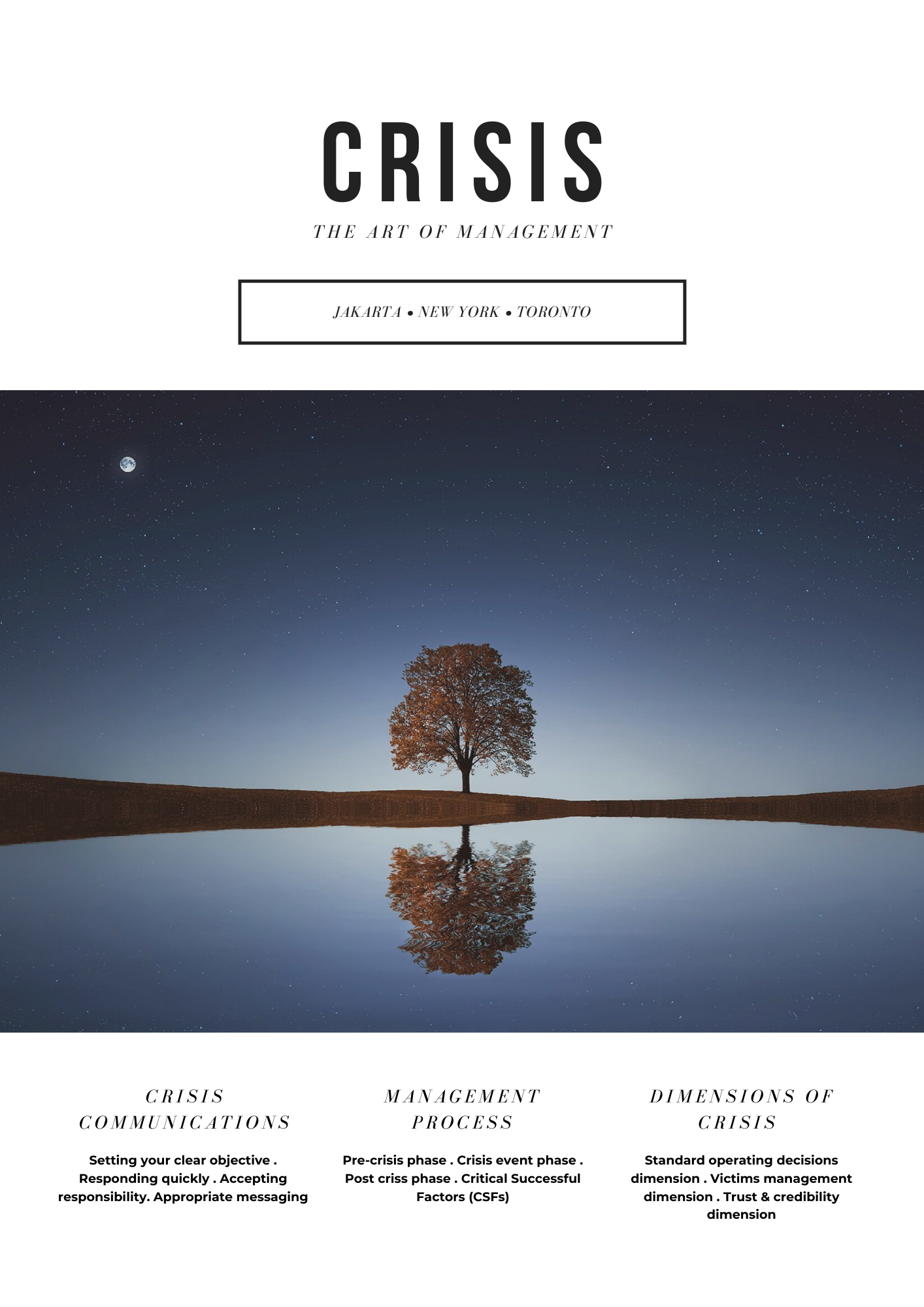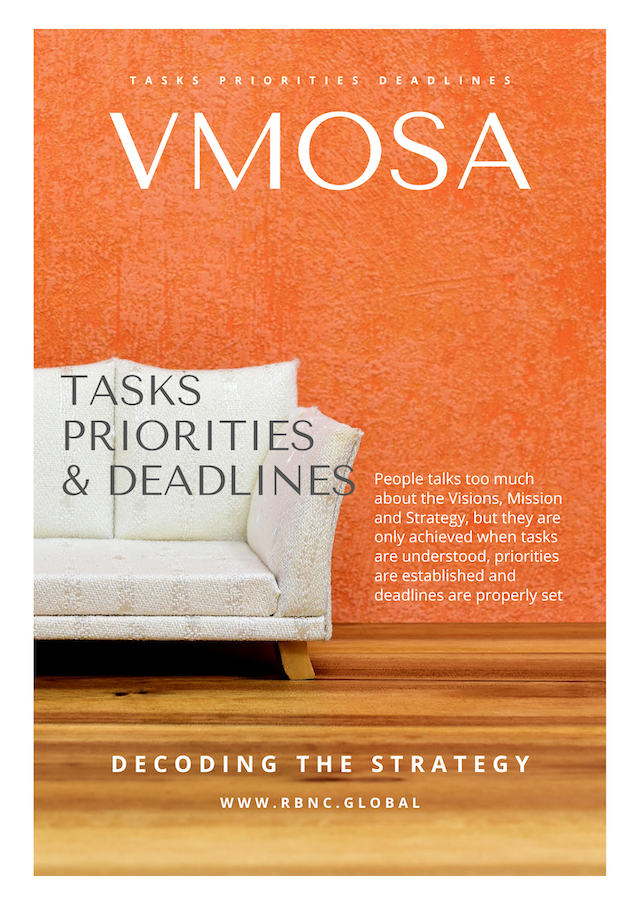Enhancing Leadership Effectiveness Through Emotional Intelligence
Introduction
This two-day intensive training program is designed to equip leaders with the critical skills needed to navigate the complexities of today's workplace. We'll delve into the core components of emotional intelligence – self-awareness, self-management, social awareness, and relationship management – exploring how each plays a crucial role in effective leadership. Through interactive sessions, practical exercises, and real-world case studies, participants will learn to understand and manage their own emotions, build stronger relationships, foster collaboration, and ultimately, lead with greater impact. This program will empower you to unlock your leadership potential and drive positive change within your teams and organizations.
How you will benefit
- Understand the role of Emotional Intelligence (EI) in leadership and management
- Develop greater self-awareness and self-regulation to manage emotions effectively
- Enhance social awareness to navigate workplace dynamics
- Strengthen relationship management skills for better team collaboration and leadership
Who should attend
This course of RBNC is for you if you recognize the power of EQ and now want to systematically develop outstanding performance. Practical EQ is for managers, professionals, entrepreneurs, and leaders.
What you will cover
- Definition & Importance of Self-Awareness in Leadership
- Recognizing Your Emotional Triggers
- Understanding Strengths, Weaknesses, and Leadership Style
- Tools for Self-Awareness:
- Johari Window Model
- Emotional Intelligence Self-Assessment
- Mindfulness & Reflection Techniques
Activity: Personal EI Assessment & Reflection (Participants complete an EI assessment and reflect on their emotional triggers)
Case Study: How lack of self-awareness affects leadership decisions
- The Neuroscience of Emotions: Understanding Emotional Hijacking
- The Role of Emotional Agility in Decision-Making
- Managing Stress & Developing Resilience
- Techniques for Emotional Regulation:
- The STOP Model (Stop, Take a breath, Observe, Proceed)
- Cognitive Reframing
- Building a Personal Resilience Plan
Activity: Emotional Regulation in Action (Participants role-play scenarios where they must manage emotions under pressure)
Discussion: Real-life leadership challenges: How managers handle workplace conflicts & stress
- The Role of EI in Effective Decision-Making
- Avoiding Emotional Bias in Leadership Choices
- Staying Calm Under Pressure
Activity: The "Crisis Leadership Simulation" (Participants navigate a high-stress leadership scenario, making decisions under pressure while managing their emotions)
Discussion: Reflection & Application
- The Power of Empathy in Leadership
- Understanding Workplace Emotions & Group Dynamics
- Active Listening for Managers
- Reading Non-Verbal Cues & Emotional Signals
Activity: Empathy Mapping Exercise (Participants analyze team members’ emotions & motivations in a given scenario)
- Conflict Resolution Strategies
- The Art of Giving & Receiving Feedback
- Building a Trust-Based Workplace Culture
- Inspiring & Motivating Teams Through EI
Activity: Difficult Conversations Role-Play (Participants practice handling tough workplace discussions with emotional intelligence)
- How EI Enhances Influence & Persuasion
- Leading Change with Emotional Intelligence
- EI in Negotiations & Decision-Making
Activity: Team Influence Challenge (Participants work in groups to influence a leadership decision using EI techniques)
- Personalized EI Leadership Action Plan
- Final Reflections & Takeaways
- Q&A & Closing Remarks
Schedule









